When the Zeiss Ikon SW showed up on my doorstep a couple of weeks ago I was already well versed in “blind” M or LTM mount cameras. The “blind” term refers to a Leica body without a rangefinder or a viewfinder. When released these cameras were made for technical and medical applications which did not require a rangefinder or viewfinder. Now these almost budget friendly cameras are used by photographers with wide angle lenses and external finders for hyperfocal street, travel and landscape photography. “F8 and be there” is the mantra.
In a quick succession I had a “blind”Leica M mount MDA (based on M4) and a “blind” Leica LTM mount If (based on IIIf). I found both were lacking a quick “point and shoot” experience I was hoping for. They were not much different from using my Leica M3 or Leica IIIf which I both own and use. You still had to load the cameras the slow Leica way, still use the light meter before taking a picture. I do not trust myself with a “Sunny 16” rule. Along the way I realized that 21mm lens is not my jam. Both bodies and lenses were sold.
I now have a Voigtlander 28mm f3.5 Color Skopar in LTM mount as my widest lens. When I use it goes on my IIIf or M3 with an external 28mm finder. But an M3 and a IIIf are now happily married to a 35mm lens with goggles and a 50 mm lense respectively. The 28mm lens was now sitting on a shelf all by itself. While looking around for a new partner for my 28mm lens I came across Zeiss Ikon SW.
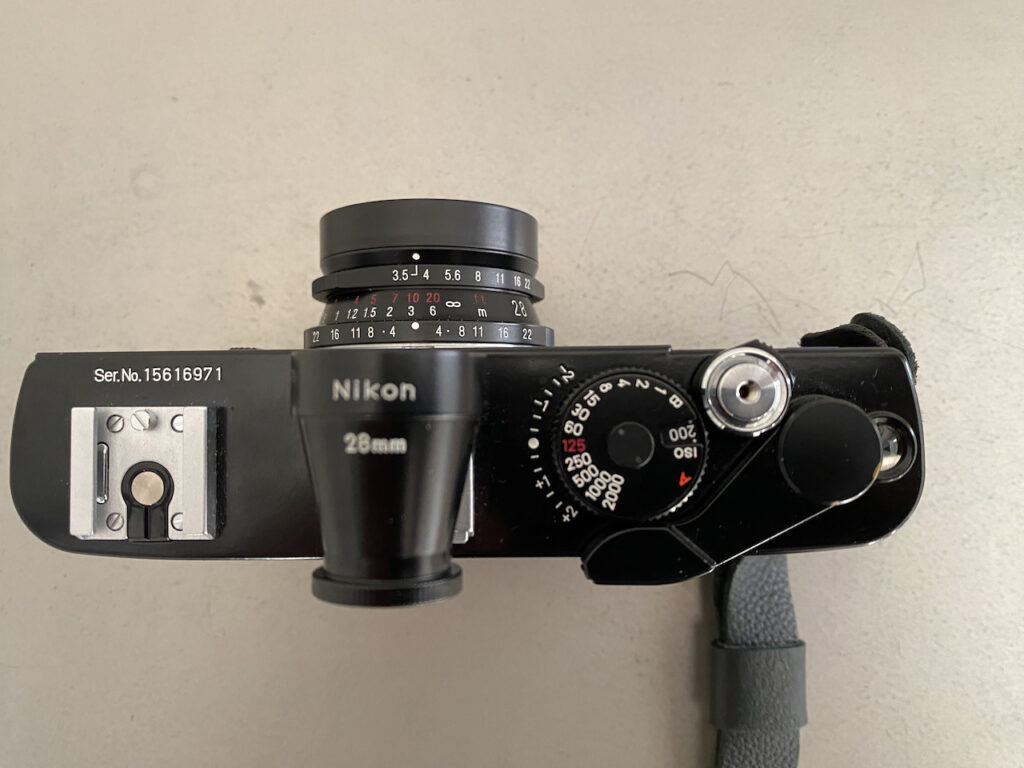
Just a little background on this rather niche camera. In around 2004 Zeiss/Cosina came out with an M mount body Zeiss Ikon ZM to go with their line of Zeiss ZM (M mount) lenses. Hamish did a thorough review of Zeiss Ikon ZM camera on this site here. The ZM is an upmarket camera which sports a viewfinder with a rangefinder and internal light meter. The meter allows camera to be used in manual or aperture priority mode.
The Zeiss Ikon SW is a more budget friendly “blind” version of that camera made specifically to be used with wide angle lenses. The viewfinder and rangefinder are dropped but light meter stayed. The camera has a convenient swing out back door for easy loading film with a window reminder which displays the film speed.
When released, the Zeiss Ikon SW was priced at about 2/3 of the Ikon ZM with the finder/rangefinder. SW being a niche product was not a commercial success. It has been discontinued before it’s bigger brother ZM. Now a used SW is selling online for probably 40% of the ZM price. I came across an SW body in mint condition at very reasonable price from a reputable US vintage camera dealer. I decided to pull a trigger on SW. It was at my doorstep the next day.
The main attraction of the Zeiss Ikon SW for me was a light meter and easy loading. Also it came in black, it looks very stealthy with the black lens and black external finder. It has a minimalist, modern vibe. Original Zeiss literature described Zeiss Ikon ZM/SW design as “Bauhaus” inspired.SW is the only M mount camera with the light meter I currently own and can comfortably afford.
Here are some interesting features of the Zeiss Ikon SW. Because the camera has no built in view finder, light meter signals exposure status with the 3 LED lights located on the exterior the back of the camera. As in ZM the light meter has 2 modes-Aperture priority and manual. I use the manual mode. Before taking the picture you need to adjust an aperture until green light is on confirming a right exposure. When green is on and a red light on the left is on you are one stop under. Green is on and red on the right is on you are one stop over. If it’s only red you are more then one stop over or under depending if the blinking red is on the right or the left. It’s a similar setup you have on Bessa L and Bessa T, which are Zeiss Ikon distant and much poorer cousins. Both Zeiss Ikon ZM/SW and Bessa/Voigtlander cameras were made by Cosina in Japan. In manual mode you can push or pull your film by adjusting the film speed.
In Aperture priority mode, the camera tells you what shutter speed the camera picked with the help of the same 3 color lights. If the green light is blinking the shutter speed is somewhere between 125 and 2000. Slower speeds are represented by orange and red lights. The Zeiss Ikon SW has a little chart circle on the back of the camera with a diagram explaining what light corresponds to what shutter speed. In “A” mode you can overexpose or underexpose by up to 2 stops using a wheel on top of the camera. The light meter is TTL (thru the lens) center weighted. You point the camera at the subject and lock in the exposure by half pressing the shutter button. After that that you can reframe with the locked exposure if you like.
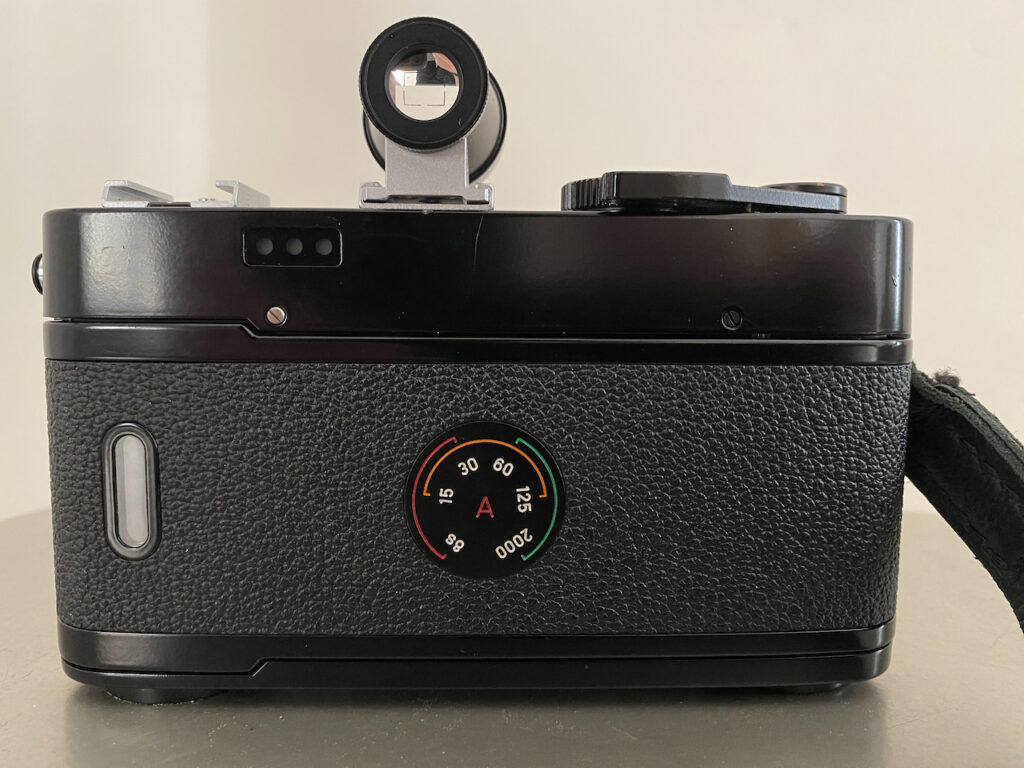 I personally prefer to know exact speed instead of general 125-2000 and stick to the manual mode. When you have your eye to the finder and adjust a shutter speed you see out of the corner of your eye when the light turns green. I found this setup right away pretty intuitive. 2000 maximum shutter is a great advantage of this camera.
I personally prefer to know exact speed instead of general 125-2000 and stick to the manual mode. When you have your eye to the finder and adjust a shutter speed you see out of the corner of your eye when the light turns green. I found this setup right away pretty intuitive. 2000 maximum shutter is a great advantage of this camera.
The Zeiss Ikon SW is best used utilizing zone focusing. When you setup an F-stop to f/8 and distance to 3 meters on my 28mm lens everything will be in focus from 1.5 meters to infinity. All you will be doing is adjusting a shutter speed till the light blinks green to signal you have the correct exposure. I am planning to stick with a 400asa film with f8 lenses. This makes life pretty easy!
There are 2 shoes on top. One cold shoe right over the lens for an external view finder and one hot shoe to the left of it for the flash. There is no TTL metering for the flash. You would have to use your flash settings and a shutter speed 125 or under. It also has a synchro contact on a side.The Zeiss Ikon SW has an all metal exterior, but not as heavy as Leica. I think a lighter weight is a good thing for a point and shoot carry around in all day use.
First Rolls
I went on a photo walk with the camera in Brooklyn near my daughter’s new apartment. I mostly photographed urban architecture and some portraiture. I used a roll of 400 Portra and a roll of Kodak 200. I set the camera at f/8 and 3m, all I had to do is change shutter speed do get a green light signal to get the right exposure. All exposures were very accurate. I asked permission before taking pictures of people. The old school camera was a conversation opener for sure! One young man I approached hung up the cell phone saying to someone on the other line “I will call you back, there is a guy here with a weird camera”. He then pulled out a Yashica T4 out of his “Supreme” fanny pack. We had a small chat and I showed how the Zeiss Ikon SW operates.
Also I got approached by a famous American actor on a Brooklyn Sunday stroll with his wife and a toddler. He asked if this camera has a 28mm lens. He was glad to know that it was a 28mm indeed.The actor said “I knew it because of the finder on top”.Of course I did not show that I knew who he was.
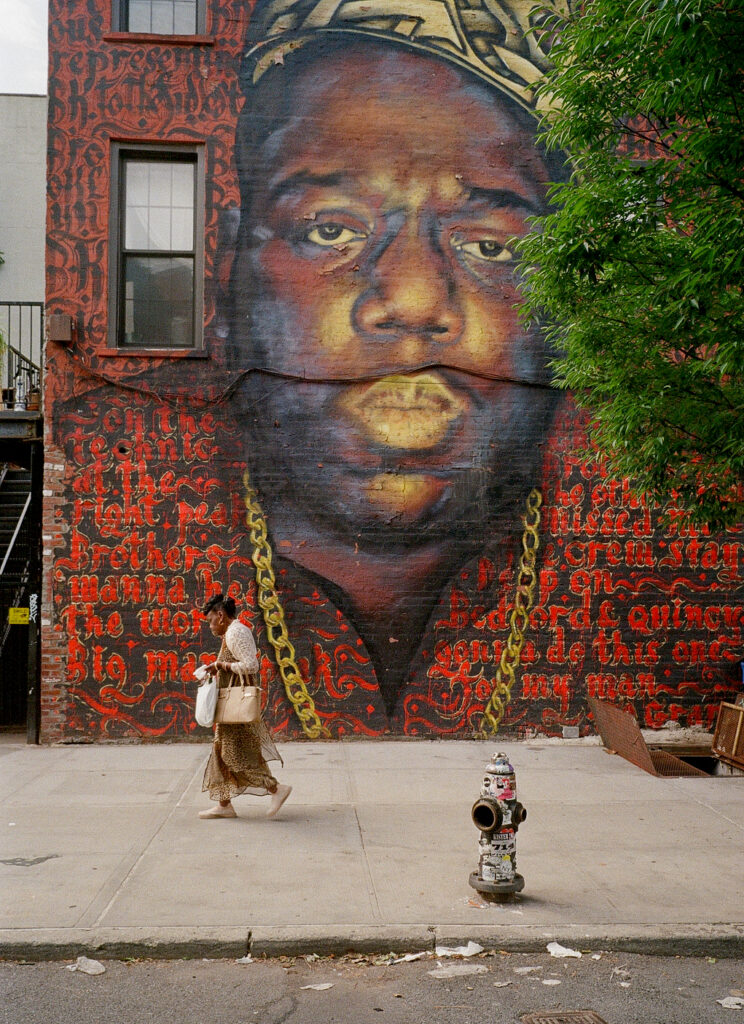
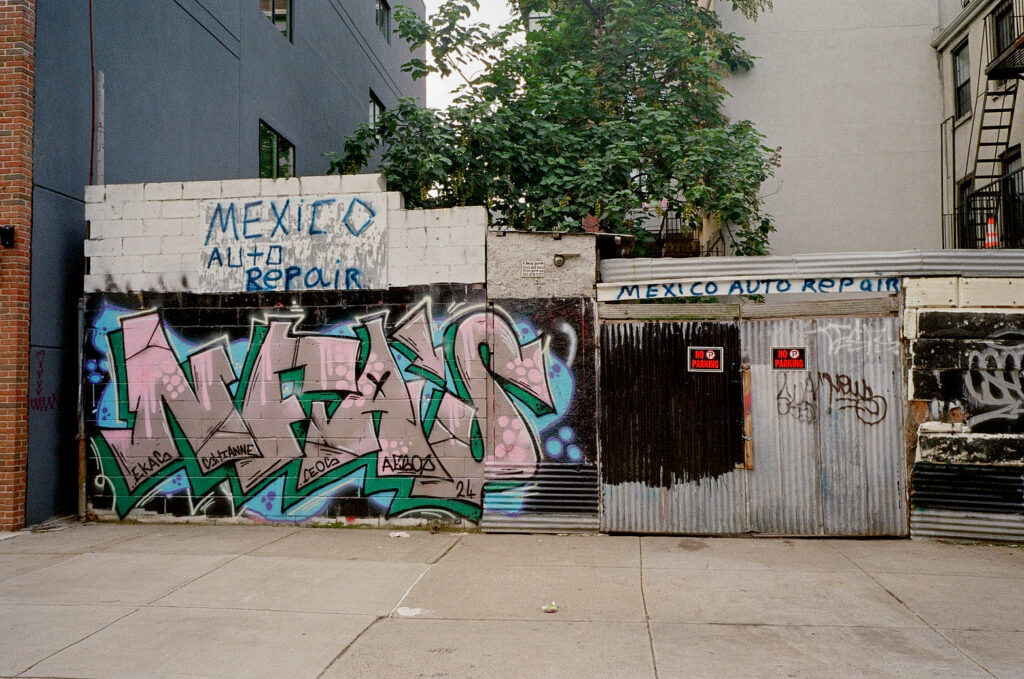
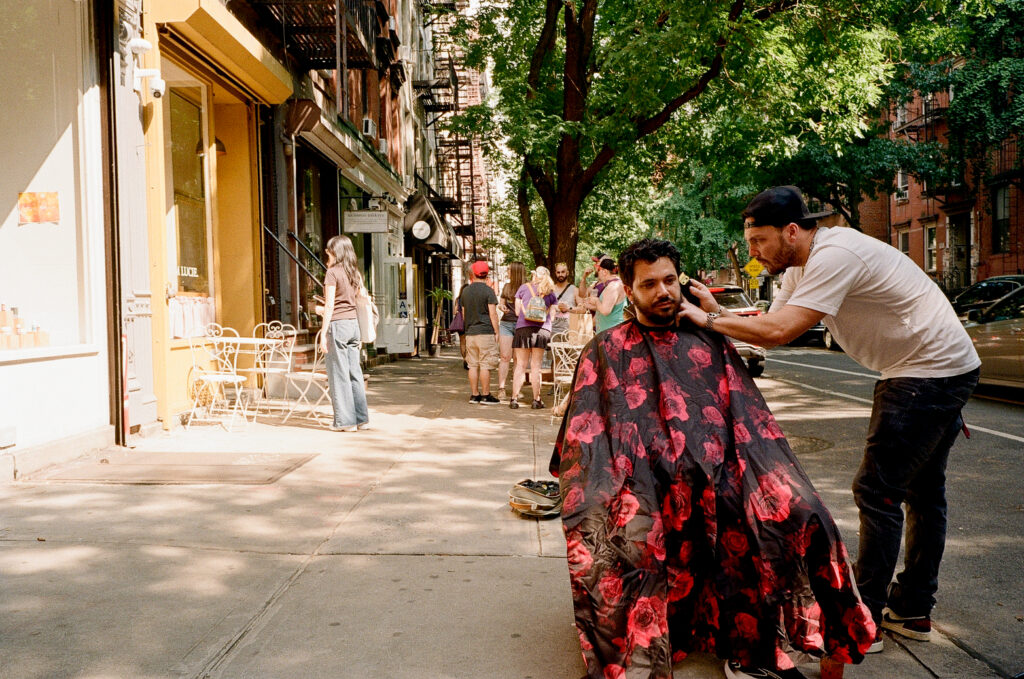

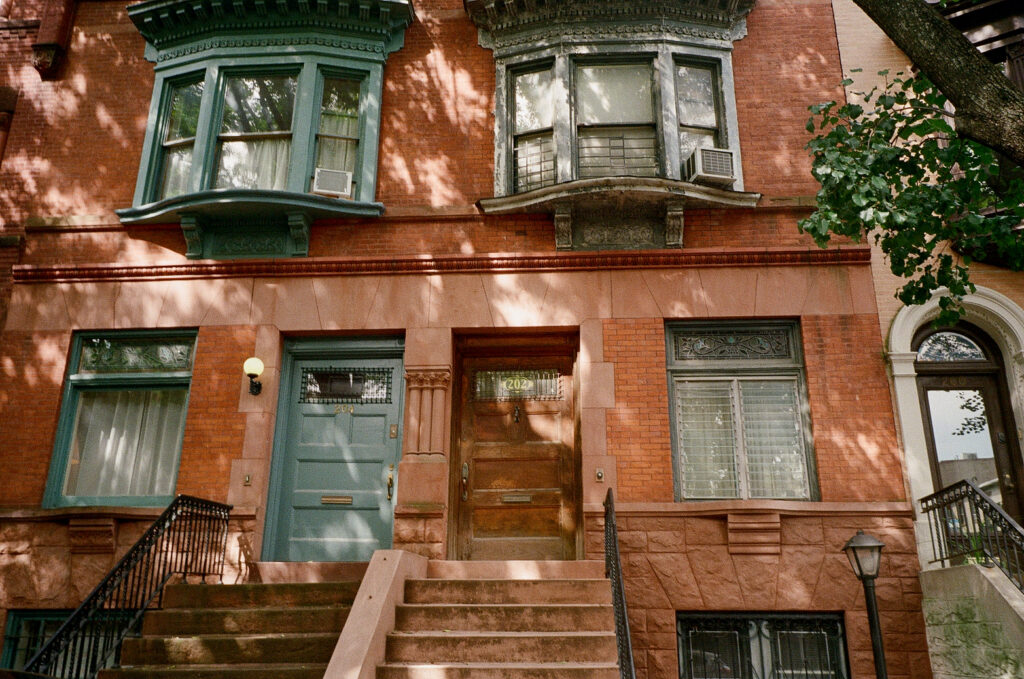



The Zeiss Ikon SW was incredibly easy to operate as a snapshot walk around point and shoot. I also think there is no better way to see what you are going to photograph then a big bright line external viewfinder. I am looking forward to taking this tourist kit on my upcoming trip to London and Edinburg.
Share this post:
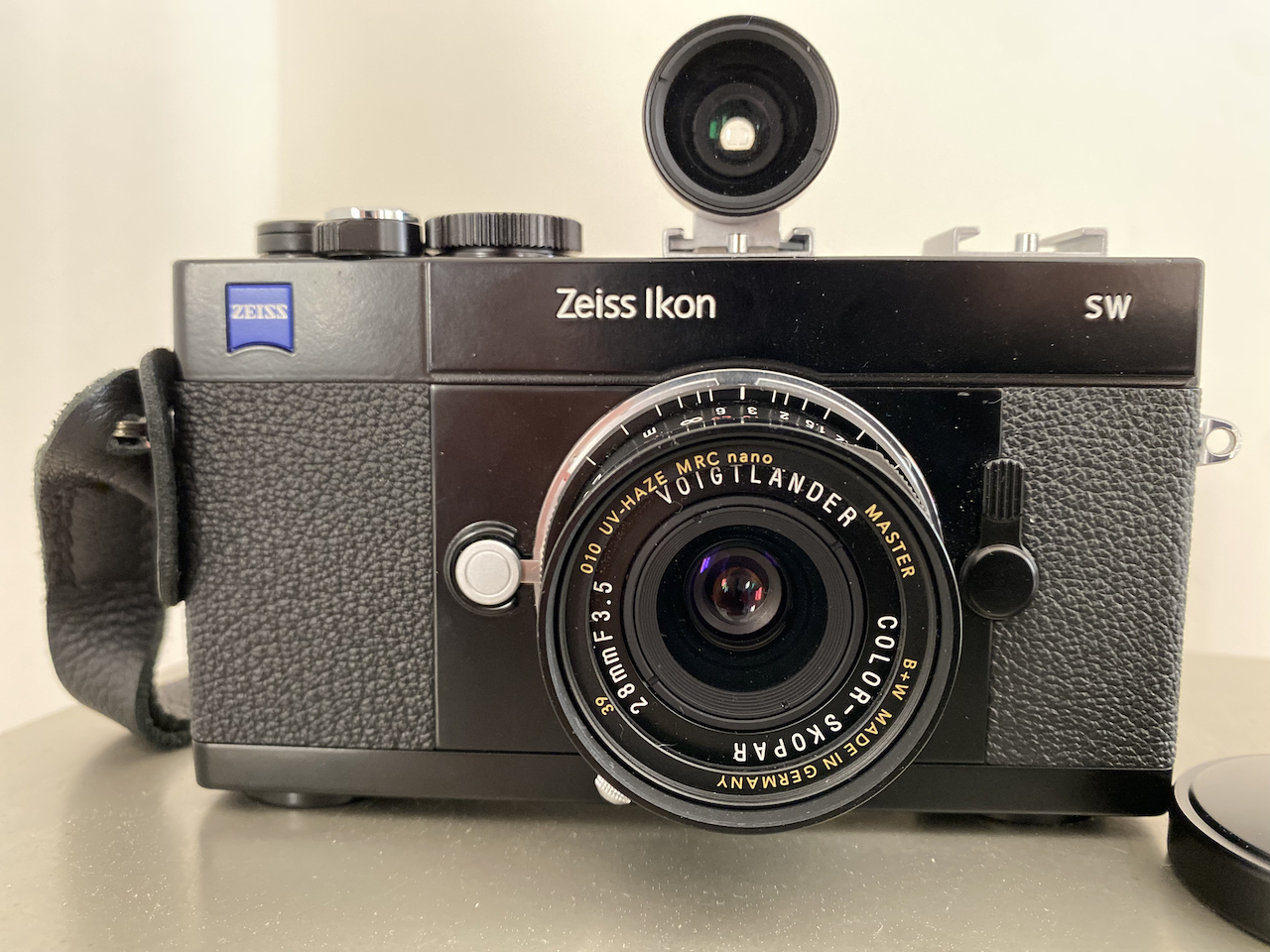
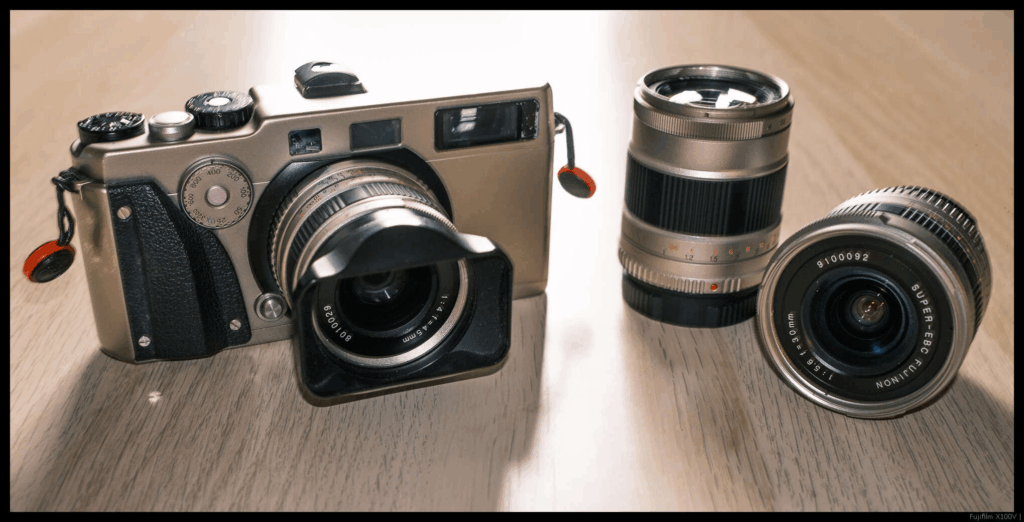
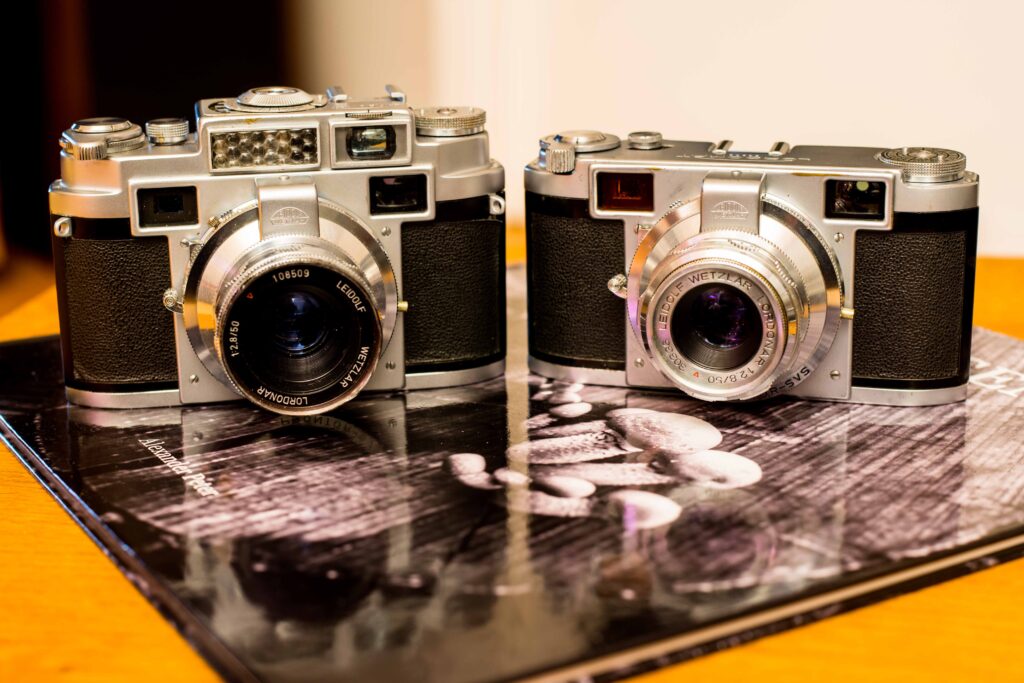

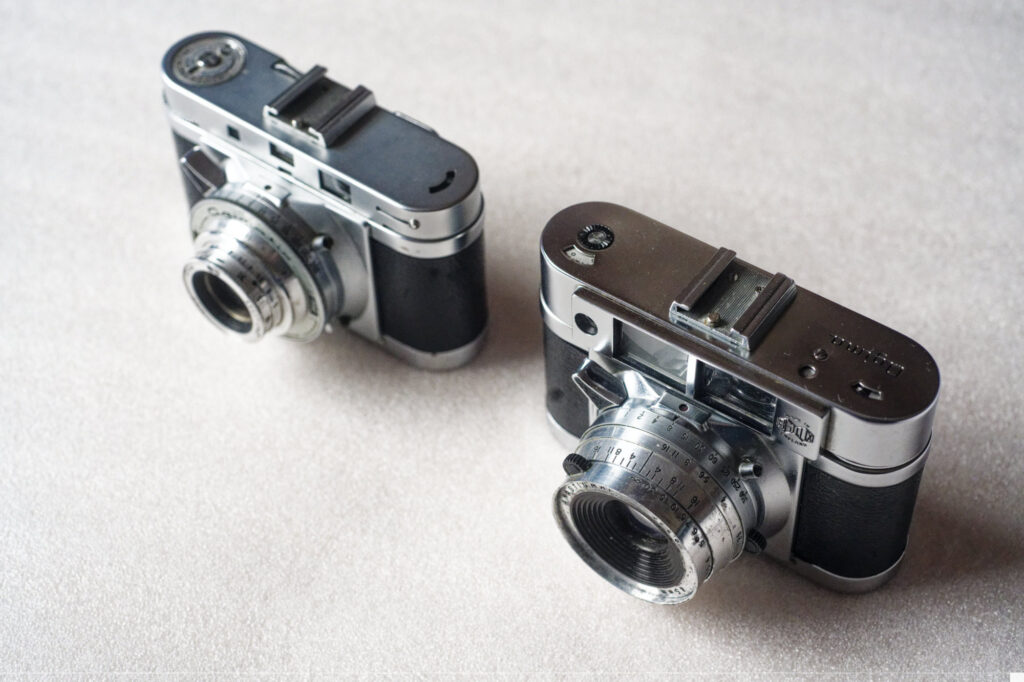




Comments
Andrew L on Zeiss Ikon SW – First Impressions of this “blind” camera
Comment posted: 07/10/2024
Comment posted: 07/10/2024
Alexander Seidler on Zeiss Ikon SW – First Impressions of this “blind” camera
Comment posted: 08/10/2024
Comment posted: 08/10/2024
Huss on Zeiss Ikon SW – First Impressions of this “blind” camera
Comment posted: 10/10/2024
I had two Bessa Ls (first one failed straight out of the box with film transport failure), currently use an MdA and 1f for this type of stuff, but the mention of AE makes me want use my M7 for wides like this!
Comment posted: 10/10/2024
Marc Gordon on Zeiss Ikon SW – First Impressions of this “blind” camera
Comment posted: 27/08/2025
My biggest roadblock is that the camera would be shipped from Japan and I do not know all of the new rules and regulations pertaining to tariffs. I just want to make certain that I fully grasp the final price of the camera.
Comment posted: 27/08/2025